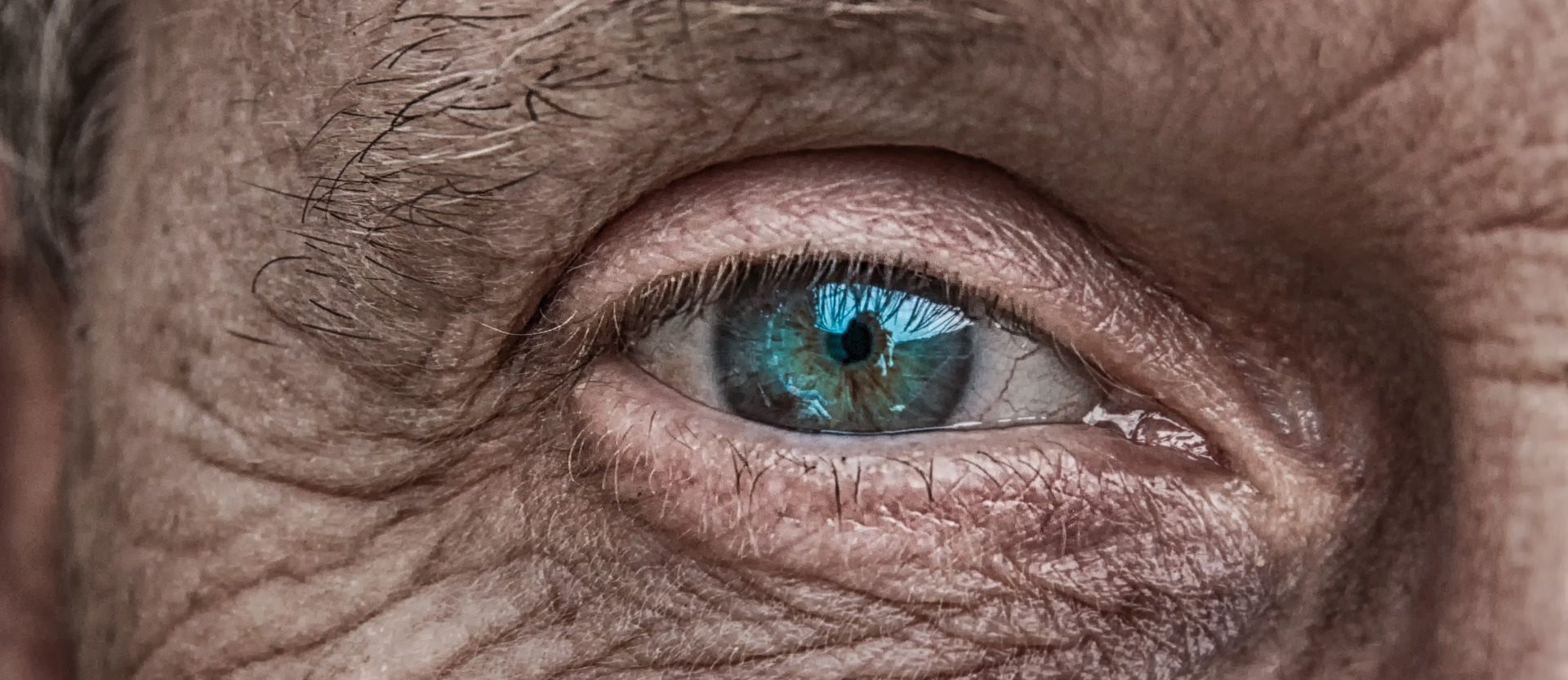
Domiciliary services
Domiciliary services
C 3.1.1 A domiciliary service is intended for those who are house-bound, in care or residential homes, and would be unable to undertake a visit to a practice even with support. This may include patients with both physical and mental disabilities.
A registered dispensing optician in a domiciliary service should ensure that the required high standards of care, conduct and professional responsibility are provided and that their indemnity insurance covers them to offer these services.
C 3.2.1 Registered dispensing opticians carrying out domiciliary visits should be readily identifiable by name to the patient. As patients retain the right to freedom of choice of dispensing it is important that, should a dispensing be requested, a range of spectacle frames and/or other appliances (such as magnifiers etc.) appropriate to the patient’s need, be made available.
C 3.3.1 Proper patient records must be made, kept secure and confidential. Domiciliary visits should not be viewed as a ‘one-off’ service. Specific arrangements must be made for a contact address, email and telephone number to be provided to the patient so that patients have access to a local contact for queries, advice and any necessary aftercare service in connection with the dispensing.
C 3.4.1 The UK Domiciliary Eyecare Committee advises that the new statutory cooling off period of seven (7) days applies to all goods and services ordered/contracted for in the home or a place of work for over £35 including the supply of spectacles, contact lenses and other optical devices. For example, when a provider takes an order from a domiciliary patient to supply spectacles to the patient’s prescription, the patient is entitled to a seven day “cooling off period”. This means that he may cancel the order for the new spectacles at any time within 7 days of the order being placed. The provider may start the ordering process before the 7 day cooling off period is over but at their own risk of the patient cancelling unless the patient gives written permission. If the patient has given written permission then he/she is liable for the costs of any work carried out after that permission is given.
C3.5.1 The Association for Eyecare Providers (FODO) domiciliary eyecare information may be accessed here.
C 3.6.1 As at August 2023 we are awaiting further updates from the Optical Confederation Domiciliary Committee and will link them here as soon as they are published.
This page was last updated in August 2023 and will be reviewed in Autumn 2025. Changes due to updates in legislation, advances in clinical knowledge, or extensions to scope of practice will be incorporated as they happen.